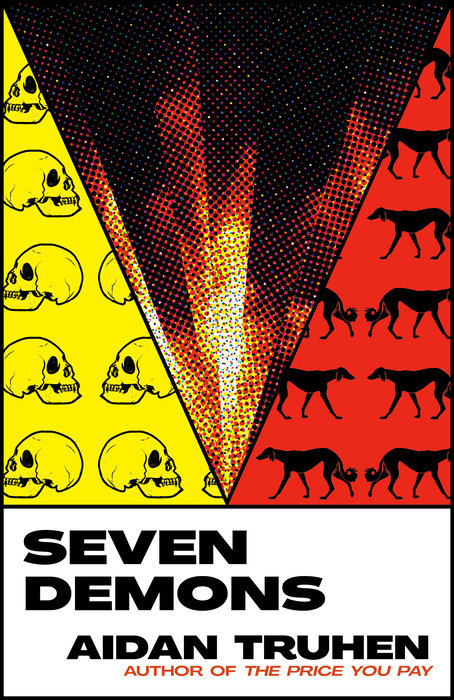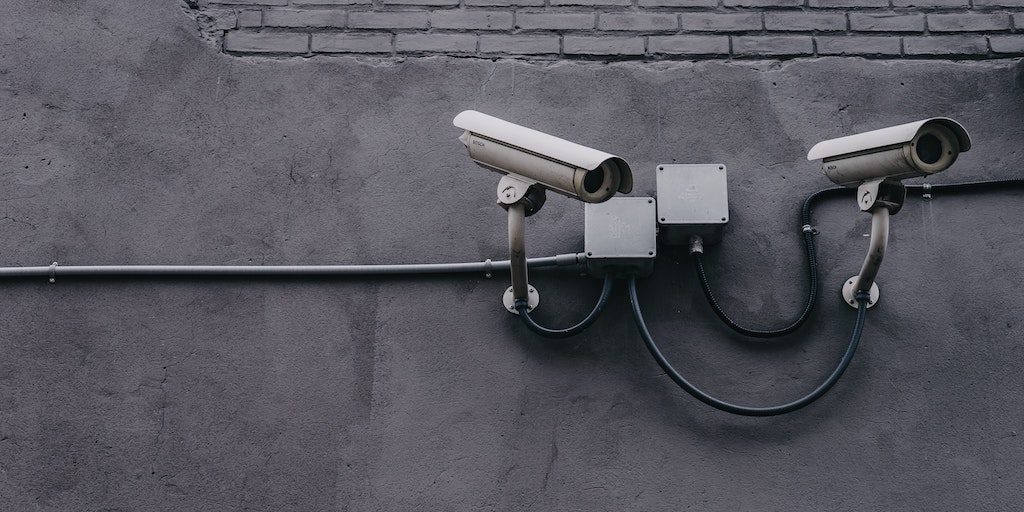Here’s an obvious but often unrecognised truth: crime is magic.
Hacking, of course, is straightforwardly magic – the hacker apotheosis is achieving God Mode or root, becoming indestructible or gaining the power to manipulate the raw substrate of the technological universe. The comparison flows the other way, too, with plenty of novels of magic which either dovetail sorcery and nerdery or evince universes in which magic is direct access to the cheat codes of physics. Beyond that, though, there’s a rich hinterland of crimes as magic. The con artist’s misdirection is a Jedi mind trick; the fictional pickpocket can remove almost anything from any place on anyone’s body, up to and possibly including fillings and piercings. Crime bosses are possessed of appalling mesmeric charisma, getaway drivers can sense when the job is blown and drug kingpins can smell treachery – and the universe bends capriciously in favor of fictional psychopaths. The laws of physics and biology barely apply at all to the man who pursues Will Graham in Thomas Harris’s Red Dragon. One of the most chilling passages in the book is Graham on the shooting range teaching his partner to empty her gun into the target as a matter of course even though he’s loading it with bullets which will blow a hole the size of a fist in anything organic. Graham’s precautions tell us the secret truth: he’s not expecting to be attacked by a human being. He’s expecting a demon.
Following that thread, Jack Price, my (anti?)hero in Seven Demons, is some kind of angel of madness. Almost everything he does is impossible, but it’s sleight of hand. It’s hard to trace the join between what’s plausible and what’s absurd. He’s painstaking in his method. He’s a process guy. It’s just that – as when Peter Parker is bitten by a radioactive spider and gets wall-crawling powers instead of gangrene or at best a horrible arachnoid mutation like something from The Fly – the process goes in logical yet fantastical directions. What works for him wouldn’t work for me or you.
It’s always seemed to me that stories of magic are dark or light depending not on what happens – horrible stuff can happen in stories that are ultimately not dark fiction – but on what the underlying order of the universe is. Broadly, there are books set in universes which hate you and want you to die, where no matter what you do and how hard you try you will always end up facing impossible choices, hideous sacrifices and bleak outcomes (John Constantine); and there are books where the universe plays its cards close but somehow, in the end, always breaks in the hero’s favour (Harry Dresden). Bad stuff takes place, sure, but when you get right down to it almost all of that stuff is redeemed. There’s an afterlife, there are benign spirits in it, the forces of good and evil seem pretty evenly matched.

Jack Price lives in a world where horrible stuff gets done all the time, often by Jack, but the universe has a vast and ridiculous crush on him, so his hare-brained, dangerous, pyrotechnic plans make perfect sense. Jack does awful things, but he would rather not. Jack only occasionally murders innocent people and even then only if he can’t pay them ridiculous amounts of money to become allies. It’s a world of extremes, like a kind of roulette wheel of death, a cocaine and mescaline parachute jump into a tank full of sharks which are allergic to the soap he used in the shower this morning. Jack’s world is – so long as you’re Jack – a kind of paradise.
It’s quite possible that Jack is the factor that makes the world hell for various other people, though not many, and almost all of them will be monsters themselves. The joke is dark as night; the world, in the end, isn’t.
I think that’s a consequence of what Jack is to me, and where he came from. Seven Demons is the second Jack Price novel; the first, The Price You Pay, was written in a frenzied rage in mid-2016, just after the referendum went the wrong way (seriously: don’t @ me.) One of the most irritating and mendacious claims of the Brexit lobby was that Brexit would make us more creative, would take us out into the world and into “sunlit uplands,” which it hasn’t, it won’t and it was never going to. So it annoyed me enormously that my response to feeling as if someone had ripped my stomach out with a gaffing hook was to write a really energetic new book in a very short period of time. I took that feeling and doubled down, putting more rage into the text. Jack is what you get when the world is full of people making inexplicable bad decisions, and then blaming you for them making those decisions, and for the consequences of those decisions. Jack is someone who understands that he has to operate on the rules as dictated by his actual environment, not by the ones he would like. He is someone who can enjoy the hell out of going dark. He’s always had a list of horrible things he would do if he was that kind of guy, which he isn’t, but if those are the rules, well: excuse me while I practice beating someone to death with their own leg, because I would not wish to get RSI or do it badly and look like an amateur, that would be super-embarrassing.
Jack is my revenge on the world for making me live in a context that makes no sense. Still doesn’t, and it has only gotten worse since summer 2016. Lots of good stuff happening, don’t get me wrong, but seriously: the US elected Trump, then the UK elected Johnson, then a pandemic happened and neither of those guys could find their way out of a medical grade paper bag, and yet if you go out on the street and talk to a few civilians you straight away find someone who will tell you they did a terrific job. Which, sure: that’s why funeral directors and stone carvers have more work than they can handle right now.
Seven Demons was the book where I had to ask myself (and Jack): okay, what now? To which the answer, in 2019, was obviously that you rob the world’s most secure bank and do horrible things to some Fascists. Then after I’d finalized the text, there was a goddamn pandemic, so now I’m thinking: what would Jack do about that? If darkness is catharsis (hardly a new idea, but it’s grown on me a lot in the last five years) then where now? I have no idea, but I’ll come up with something and I hope it’ll make me – and you – feel better about all that ghastliness. I mean, as I think about it, maybe the real best answer is to rob the world’s most secure bank a second time and do horrible things to some Fascists AGAIN, but that probably isn’t an appealing book pitch. I feel the answer is that Jack has lost his memory owing to a COVID infection and now he has to find his way back to the world. But I did also think he might get into Non-Fungible Token art, because that is infuriating, environmentally vicious, vacuous nonsense and it’s exactly that kind of situation which in fiction would benefit from a visit from someone with no compunction and a tendency to cause explosions in the course of contractual discussion.
Be that as it may, here’s another truth that’s obvious and that we don’t think about because it freaks us out: it’s quite possible we live in an actual hell universe. Our real life physics apparently entails that you cannot, ever, actually win. We can’t have light speed or time travel or teleportation or replicators. You, your civilisation, your species, your planet, your galaxy, the matter that make all of these things… all of them will eventually burn out, grow cold, collapse, dissolve, and die. Why do we like dark fiction? Why do we like magic? Why, above all, do we like crime? Because we like stories where entropy does not apply, where you can fight the darkness, or where it is at least acknowledged and constrained between the covers of a cheap paperback, where it damn well belongs.
We live in an entropic universe.
To which Jack Price says: Yeah? F*cking make me.
And that’s why, despite the fact that I’m too soft-hearted to write the serial killer story I’ve had in my files for a decade; that I can’t watch horror movies; that I usually try to make every death in any story I write matter, because goddammit! Deaths do matter, and we as writers should acknowledge that, not use them as window dressing…
Even so, I can still live in Jack’s head and love it.
Entropic universe? Darkness all around? Fear and loathing?
Yeah. Go ahead. F*cking make me.



